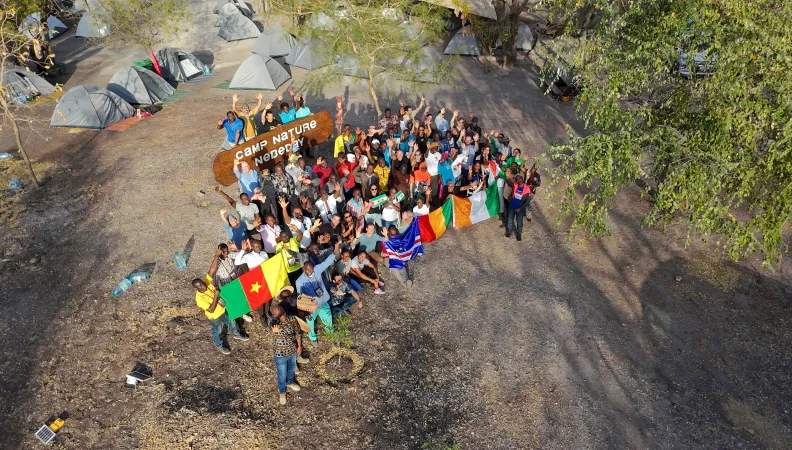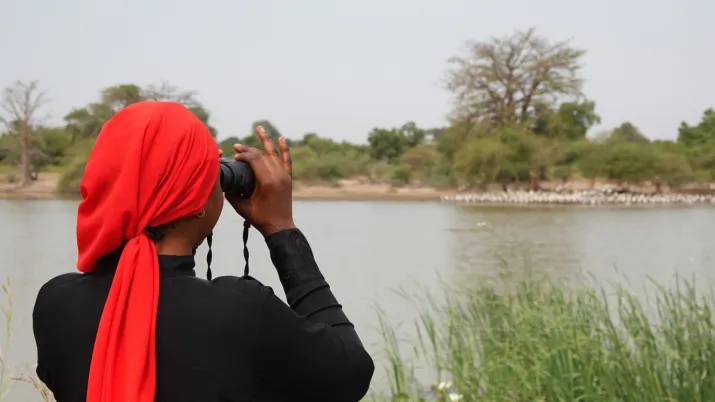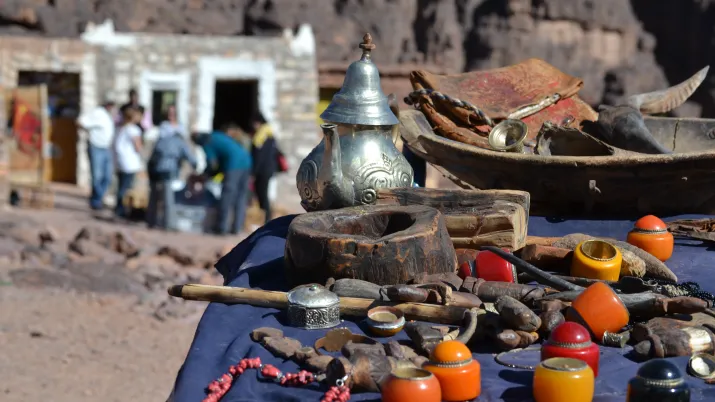Share the page
The PPI, a tool for African CSOs

Since 2006, The Small-Scale Initiatives Program (PPI), supported by the FFEM and implemented by the French Committee of the IUCN in West Africa and in Central Africa, and in North Africa through UICN Méditerranée, has been supporting civil society organisations by financing local projects focusing on biodiversity conservation and climate change mitigation. By supporting concrete initiatives led by actors on the ground, the PPI generates direct benefits for communities while strengthening the capacities of CSOs and their involvement in environmental issues.
Our commitment through the PPI
It is currently the only mechanism within French cooperation that directly funds Southern CSOs for targeted conservation projects. This unique position enables the PPI to actively contribute to improved governance of environmental initiatives, while enjoying strong legitimacy within African conservation networks.
Local initiatives to preserve biodiversity and combat climate change through grants of less than 50,000 euros for NGOs, focusing on eight priority themes:
- Protection of endangered species
- Anti-poaching efforts
- Resolution of human-wildlife conflicts
- Ecosystem conservation
- Creation and management of protected areas
- Sustainable use of natural resources and socio-economic development
- Combating climate change
- Environmental education
Find out more about the PPI program
- Summary of 10 years of small initiatives (2016)
- Executive summary capitalisation 10 years of the PPI
- Capitalisation report on the 2016 PPI Forum celebrating 10 years of the programme
- Programme de Petites Initiatives (PPI) : Capitalisation des expériences cofinancées par le FFEM entre 2006 et 2016
- Cross Capitalisation Report
In the field
Key figures, projects, news and publications are just a click away.
In figures
-
214 CSO beneficiaries / 80% of the CSOs still in activity since the completion of their PPI project
-
305 projects funded in 28 African countries
-
17 M€ de cofinancements du FFEM (33M€ au total pour le programme) dont 10M€ directement dédiés aux financements des projets
Focus on PPI projects
African civil society, finance of small biodiversity- and climate-themed projects
Completed
2021 - 2025








